| His Excellency Meir Shlomo began a dream posting in Thailand in August 2017, returning to the country that captivated him and his wife during a backpacking trip here 40 years earlier. Not long after he joined Israel’s Ministry of Foreign Affairs (MFA), serving in El Salvador, Peru, Denmark, India and the United States. This friendly and articulate diplomat shared insights with The BigChilli on some of the extraordinary and pivotal events unfolding in his host country and throughout the world in recent years, including what he described as ‘tectonic changes’ in the Middle East. The Ambassador is also Israel’s Permanent Observer for the Economic Social Commission for Asia and the Pacific (ESCAP) and non-resident Ambassador to Cambodia. ‘Lucky to be here’“Being Israel’s Ambassador to Thailand has been an amazing experience and I feel privileged to be here. There’s a very long list of Israeli diplomats waiting to replace me,” he said smiling. “Both personally and professionally, my time here has been a kind of closure,” said the Ambassador, who plans to return to Israel and retire when his term ends in about a year. “My wife and I fell in love with Thailand when we came as backpackers many years ago, and I never thought at the time that I would return here one day as an Ambassador – it is more than I could wish for. We loved Thailand at that time and now we have a chance to know the country and the people in depth. To be here as a tourist is one thing; but living in Thailand is much more interesting, it gives you time to discover the geography, history, culture, and most importantly, to know the Thai people better. “In the time of COVID-19, Thailand is one of the safest places in the world to be. It has been very interesting to watch how the Thai people deal with this crisis. It is extraordinary. We thought we might see a lot of panic and hoarding of things like toilet paper, as was reported in other countries, but here people behaved very calmly and didn’t panic. |
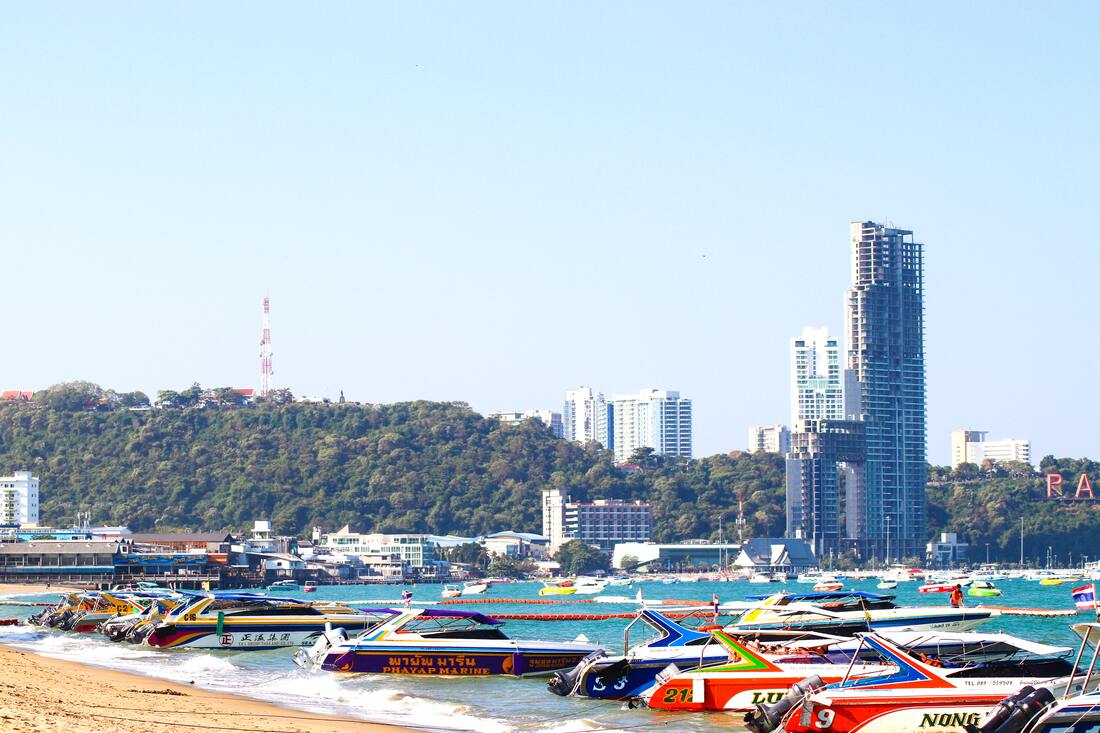 Photo by Shohel khan on Unsplash Plans to build three 50-storey condos and two hotels on land adjacent to Ocean Marina on Jomtien Beach have been suspended because of the economic slowdown and lack of tourists caused by the Covid19 epidemic.
Owners of this huge beachside property, Charoen Pokphan (CP), have yet to indicate when work on the development is likely to begin. CP is Thailand's largest private company and one of the world's largest conglomerates. It has substantial business interests in China. Directly opposite the property is the entrance-exit to the recently opened Highway 7 extension from Chonburi to U Tapao international airport. This now fully open junction is expected to draw considerable additional traffic and business to the area’s main resorts, including Jomtien, Pattaya and Bang Saray. Bangkok investors have been snapping up condo units located in the Ocean Marine compound. Meanwhile, local property prices are increasing in anticipation of a mini-boom. U Tapao airport, a 30-minute drive to the south, is set to play a major role in the massive Eastern Economic Corridor (EEC) project, which also features a high-speed rail link to Bangkok. CP is an investor in the rail project together with various Chinese business interests. It is thought that the existing railway, which runs parallel to the beach in this part of the Eastern Seaboard, is not suitable for the new the high speed train project. 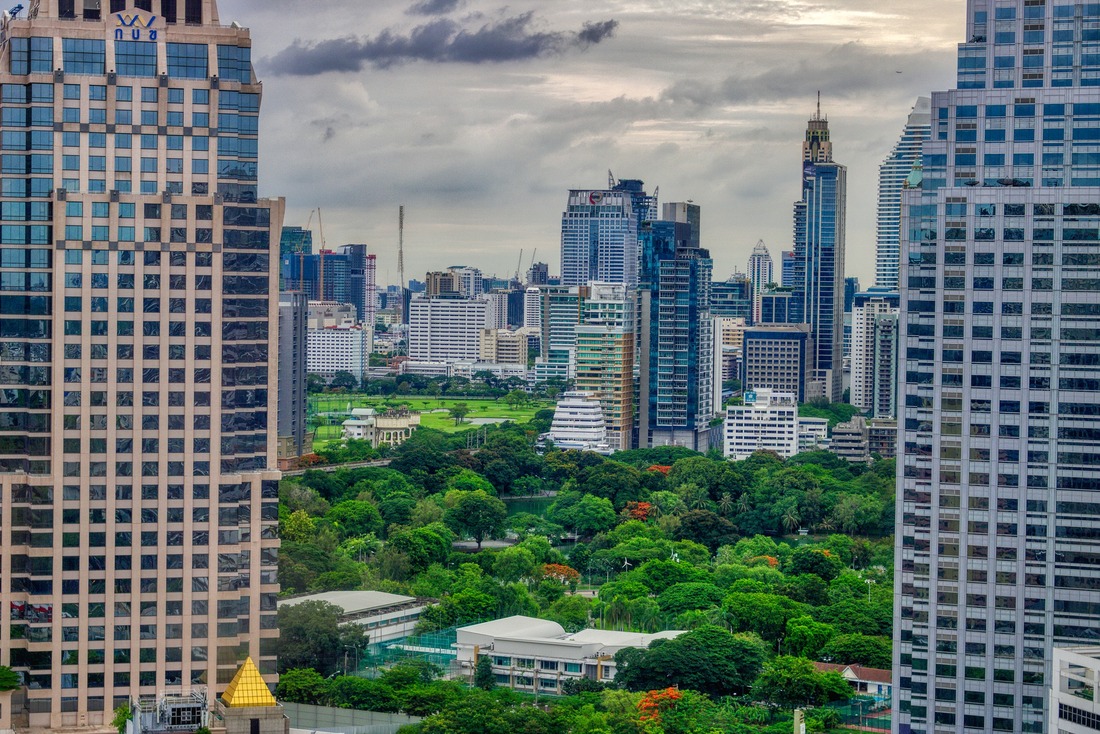
Image by Jonny Belvedere from Pixabay
Some condo committees/managers are threatening condo owners that their daily/weekly rental businesses could run afoul of the Immigration Act and land them in jail or face hefty fines.
It’s based on a provision of immigration law that says any person who brings foreigners into Thailand unlawfully or does any act to help or facilitate their unlawful entry will face heavy punishment. This provision aims at battling human-trafficking rather than improper hotel operations and tourists in general entering Thailand lawfully. However the condo management was right in saying that the condo owner is mandated by the Immigration Act to notify immigration police within 24 hours of the foreign tourist arrival in his room. But the violation of this provision carries only a modest B2,000 fine.
Condo may replace popular venue at Chuwit Gardens.
Lovers of ARTBOX Night Market on Sukhumvit 10 better get down there soon because this popular venue famous for its trendy food stalls, art booths, lifestyle shops and live music might be getting its marching orders. Nearby residents and businesses have been sent plans for a new 51-storey condo to be built on the site known as Chuwit Gardens after the land’s owner, the charismatic former politician and ‘massage parlour king’ Chuwit Kamolvisit. Launched in 2015, ARTBOX had several locations before settling in the park three years ago. Before becoming a park, the land was the venue of open-air beer bars – until K Chuwit ordered their destruction in an overnight raid which earned him a jail sentence.
Members of Thai International’s Royal Orchid Plus have been given assurances their membership status and outstanding mileage accounts will be honored, as will airfare refunds, though no dates for this “important” issue to be resolved have been given.
The airline, which has filed for bankruptcy, said in a recent statement: “During the period where the company undergoes the business reorganization, which plays a significant role to its survival, the company remains resolute to ensure our customers are provided with the best care within its current capability, especially for those whose airfare refunds are pending as well as honor certain benefits for our Royal Orchid Plus members, including membership status and miles being the most important. “Please rest assured that the company shall overcome this crisis, albeit great magnitude, and be ‘Airline of Pride’ which offers the best on-flight services for our valued customers once again. Any update and progress will be further communicated to you via various channels.” World Environment Day & Celebrates 50 Years of Earth Day:
As this year marks the 50th anniversary of Earth Day, it’s a perfect time to take stock of just how sustainable everyday practices and items in our lives truly are. While not as dire as melting polar ice caps or fracking, the production and use of currency does carry with it some surprising environmental ramifications. From paper to plastic to crypto, let’s take a brief look at the sustainability of currency and its impact on our planet. How Sustainable Is Paper Money? The old adage is that money doesn’t grow on trees, but paper banknotes are most certainly a byproduct of them. According to the World Wildlife Fund, mills across the world produce 400 million tons of paper each year. Some of this paper is used in the printing of banknotes, which contributes to global deforestation. It’s estimated that deforestation is responsible for about 12% of all greenhouse gas emissions. The printing of paper money carries a rather sizable environmental impact, but it doesn’t stop at the printing press. Greenbacks aren’t particularly durable, weathering damage easily which mandates them being taken out of circulation. In fact, it’s estimated that the average lifespan of a $5 bill is only 16 months. Many countries have transitioned to producing their banknotes with a combination of recycled, low-quality waste fibers, cotton, linen and paper. This reduces the harvesting of raw materials required to make paper money. And paper itself is an easily recyclable substance. You also need to factor in that using paper money results in another environmentally problematic byproduct: coins. The extraction, mining, milling and smelting of metal to produce coins is incredibly energy-intensive, and the U.S. Mint estimates that some 40,000+ tons of metal are used to make coins in the country, each year. Whether paper or metal, it’s clear that the use of physical currency is taxing on the environment and results in unsustainable practices and consequences. INVESTORS IN LM AND OTHER FAILED FUNDS NOW HAVE A CHANCE TO RECOVER SOME MONEY
Expats and others who invested in any of the six following funds:
Axiom Legal Financing, LM Managed Performance, All other LM funds, Premier New Earth, Premier Eco Resources, Kijani via FPI or RS /OMI are invited to join an upcoming class action in Isle of Man. The organisers say that such investors “have nothing to lose but everything to gain” by joining this initiative – and at no risk to themselves. A small group working on this initiative for last six years have teamed up with a top lawyer and leading QC in London, who have prepared a statement of claim which has been registered in the IOM courts offers a the group a 60 % chance of winning the action. As their fortunes fall, wealthiest Thais asked to help others survive the pandemic
On April 18 Prime Minister Prayuth Chan-o-cha announced he was taking the highly unusual step of directly asking the 20 wealthiest Thais to come to the aid of their less fortunate countrymen who are struggling to survive a tidal wave of unemployment and small business closings brought on by the COVID-19 pandemic. The prime minister said the government alone cannot solve the health and economic challenges posed by the pandemic, so other sectors should join what he called ‘Team Thailand’. The Prime Minister’s Office quickly issued a follow-up statement saying the government wasn’t ‘begging for money’ from the top .001 percent, but rather asking for cooperation in fighting the coronavirus outbreak and reviving the economy.
To be sure, even before the prime minister’s request some of the super-rich were making much-appreciated donations toward the anti-virus effort (see box), but it’s hard to see how significant assistance in propping up the economy can come without a much stiffer price tag. Maybe we’ll get to see what lies underneath all the ad campaigns designed to show off the social conscience of Thailand’s captains of industry. By Maxmilian Wechsler To read related article: THAILAND’S SIX PACK- THE POWERFUL THAI-CHINESE FAMILIES WHO DOMINATE THE COUNTRY’S BUSINESS SCENE
In this 10th part of a BigChilli exclusive series, veteran correspondent Maxmilian Wechsler recalls some of his most interesting assignments from the past two decades.
FROM THE YEAR 2006
Foodland was Bangkok’s first Thai-owned modern supermarket chain, and thanks to general manager Edwin Lim, after 34 years and the coming of foreign mega-stores it’s still the first choice of a legion of loyal patrons.
“We opened our first supermarket on Ploenchit Road in Bangkok in May 1972, and two weeks later opened a second outlet at Patpong, which was then already a well-known night-life area with many bars. At that time there was only one modern supermarket in Bangkok, on Ploenchit Road. The name was Dairy Lane and it belonged to a Hong Kong-based company,” Mr Lim said.
Great Wall vehicles are available across the globe, including Australia, Europe, the UK and South America. Earlier this year, the company said it would buy GM’s car plant in India as part of its plan to manufacture and sell cars in India.
Lookalike controversy It’s been claimed that some of Great Wall’s car are lookalike copies of other manufacturers’ vehicles. Complaints have come from Italian automaker Fiat as well as Japanese companies Toyota, Nissan and Isuzu. |

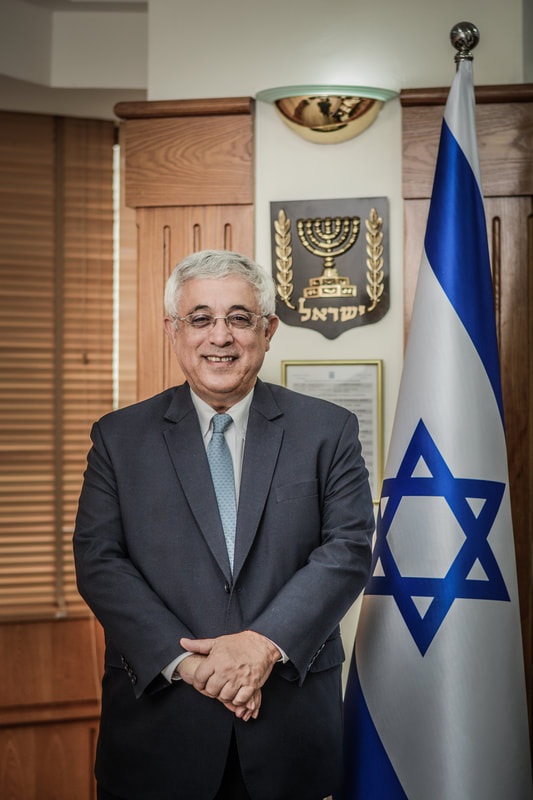

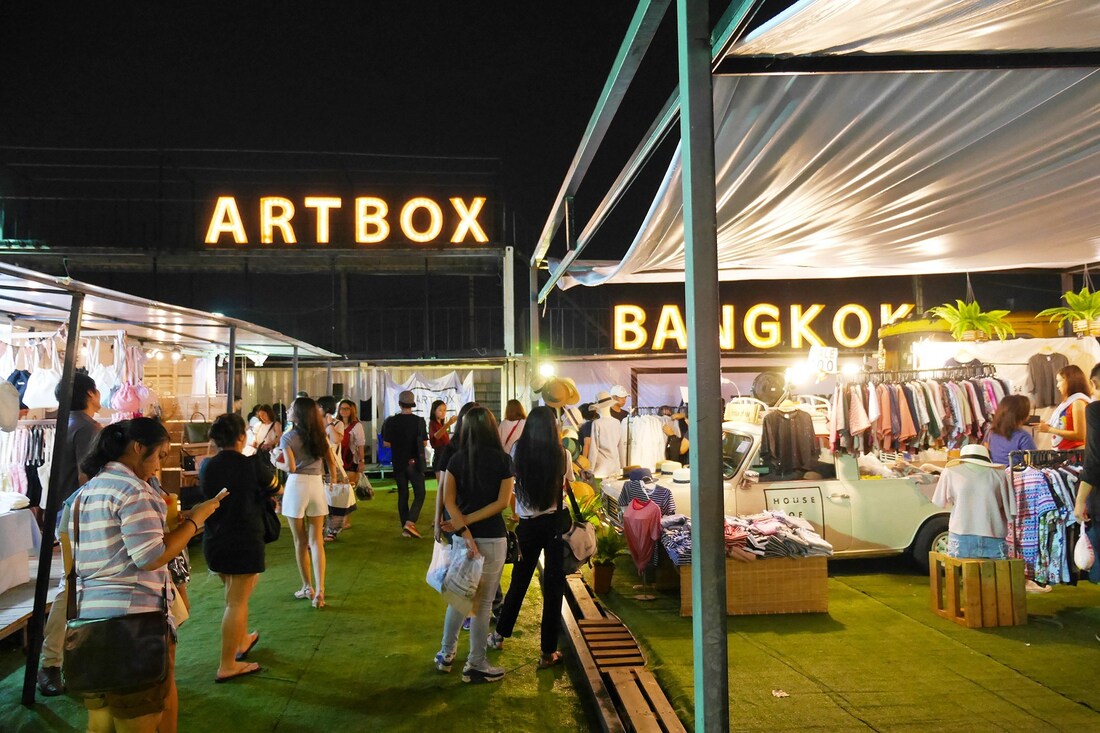
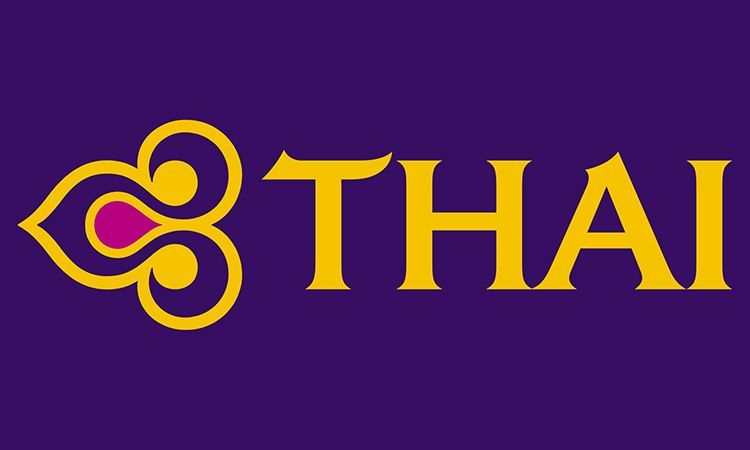
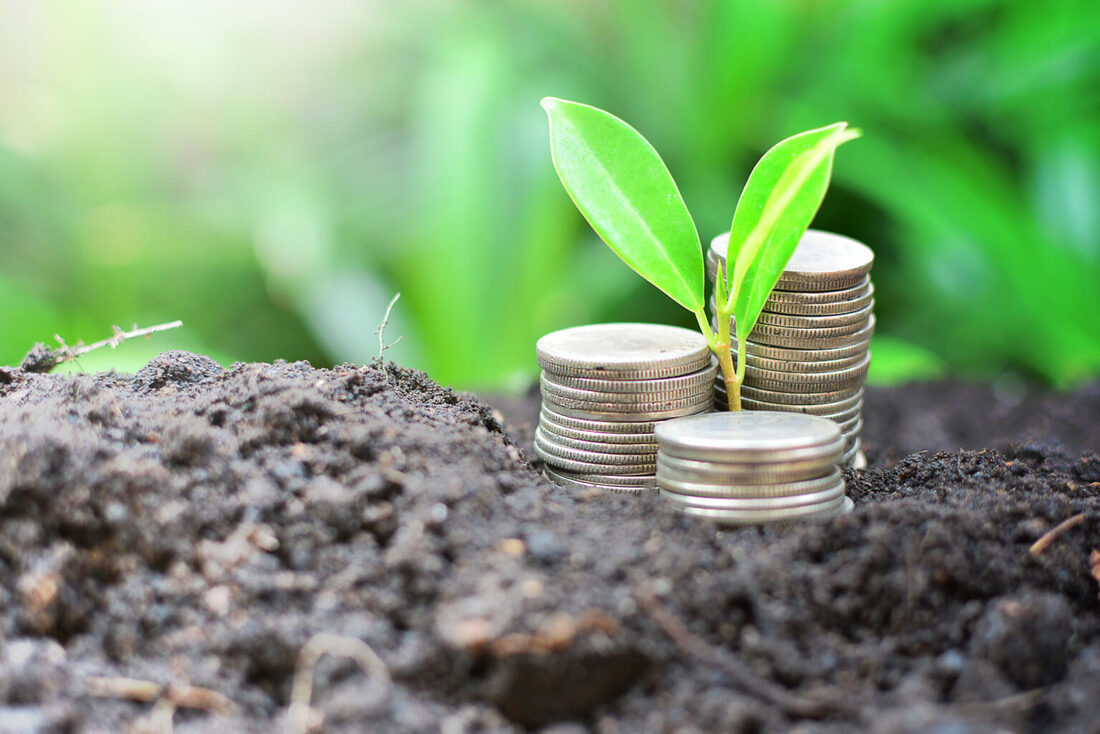

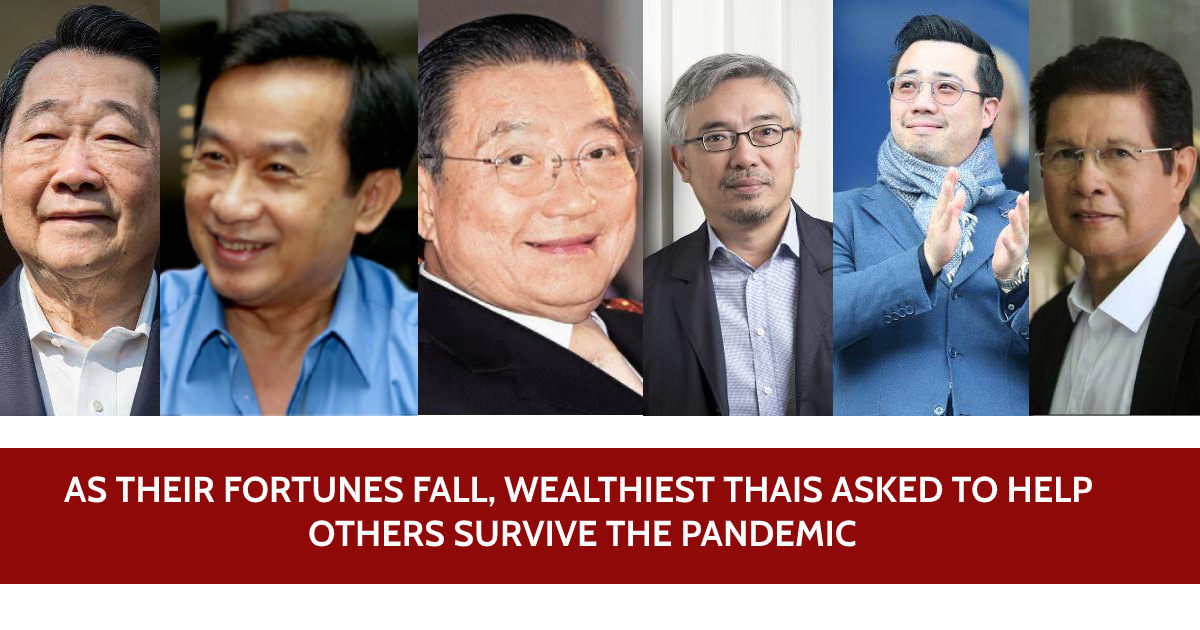
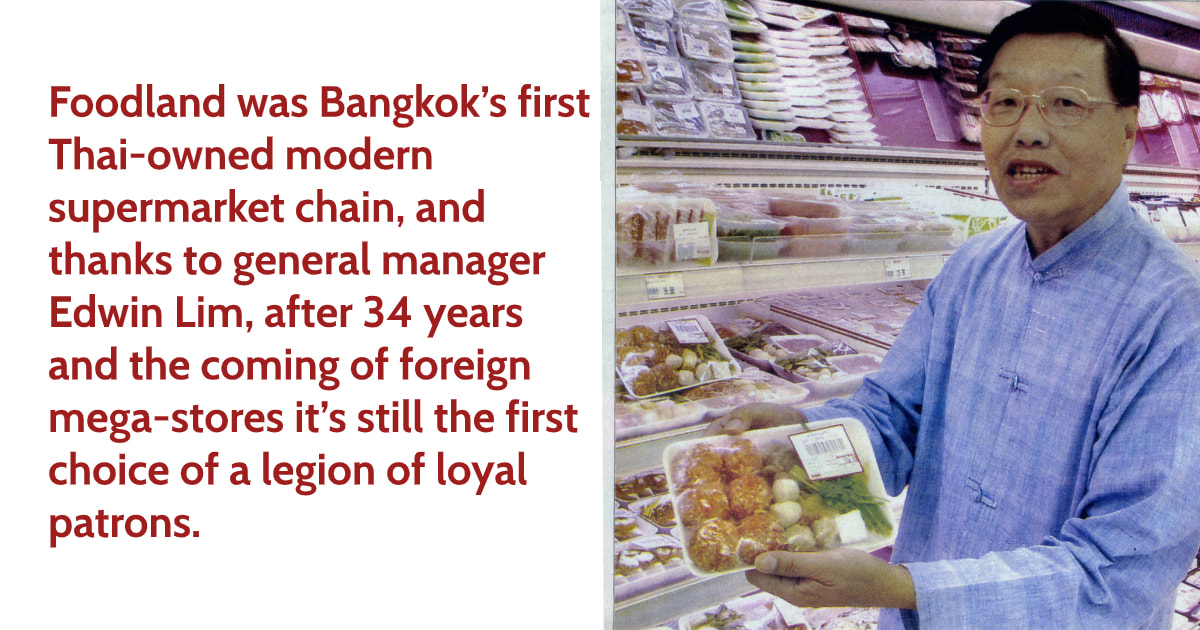
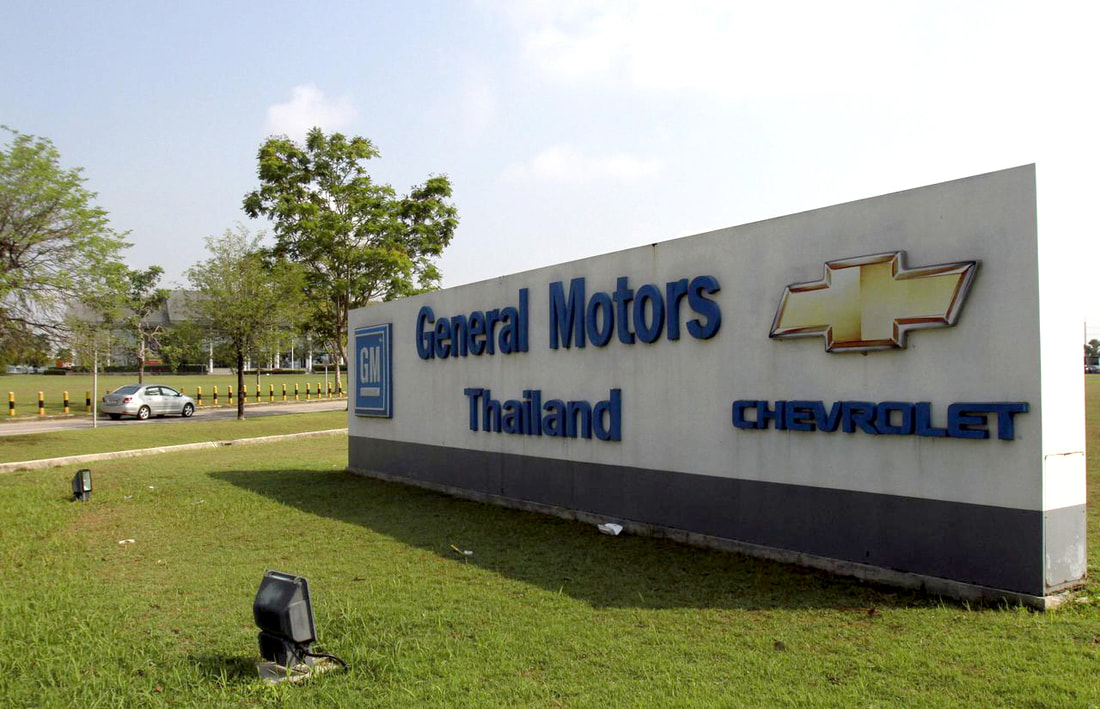
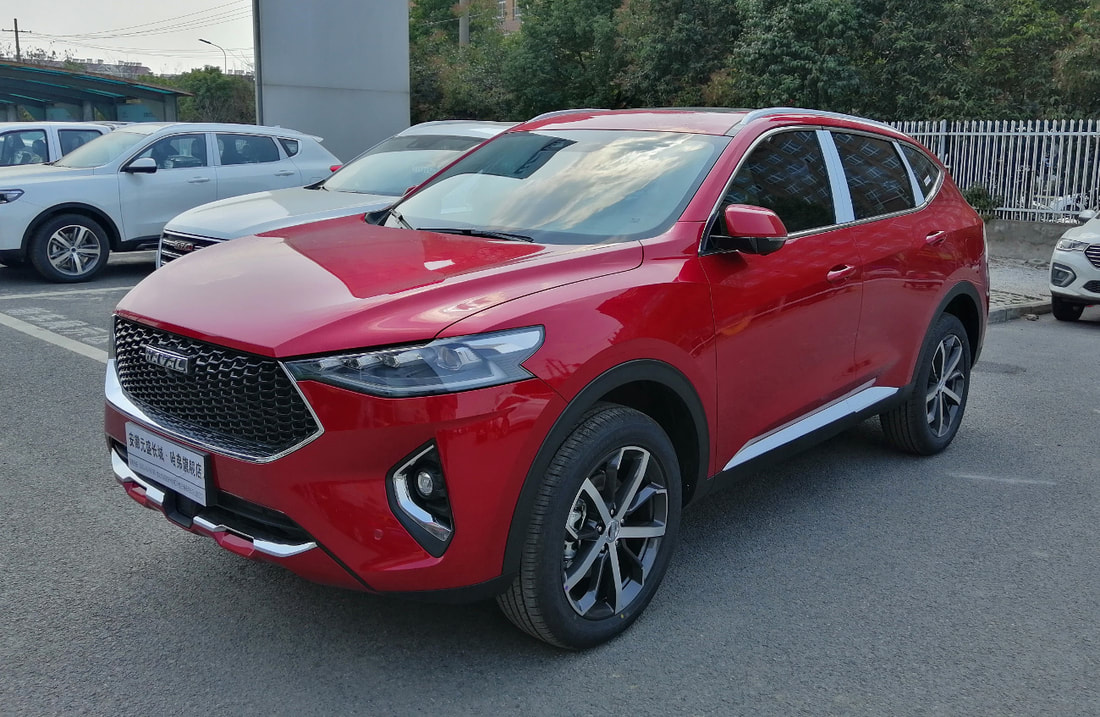
 RSS Feed
RSS Feed



